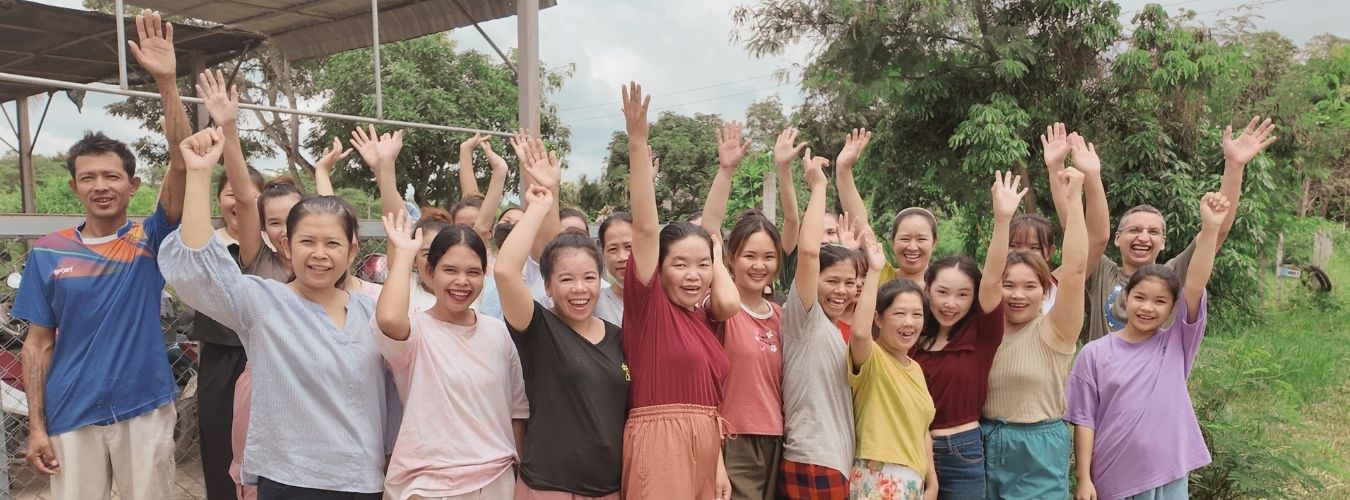
Inhaltsverzeichnis
Why we still have to fight for equality
Imagine growing up in a world where you're told from an early age that you can achieve anything – and then realizing it's not quite that easy. This is exactly what many women around the world experience every day. Despite numerous advances in recent decades, significant inequalities still exist that disadvantage women in many areas of life.
According to a 2023 UN study, women only represent 28 percent of leadership positions worldwide, and legal restrictions on women's employment still exist in over 50 countries. Furthermore, the World Economic Forum's Global Gender Gap Report shows that, at the current pace, it could take nearly 130 years to achieve full gender equality. These figures underscore that the road to true equality is still long. What can each individual do to accelerate this change? Real change can only be achieved through collective commitment and continuously challenging existing structures.
Where are we today?
Women today have greater access to education, are rising to leadership positions, and are significantly shaping society, science, and the economy. However, barriers still exist that prevent them from reaching their full potential. Especially in economically weaker regions, many girls lack the same educational opportunities as boys – with long-term consequences for their career prospects.
According to the Federal Statistical Office, the gender pay gap in Germany was 18 percent in 2023 – meaning that women continue to earn significantly less on average than men. This wage gap, combined with the fact that women more frequently undertake unpaid care work, puts them at a long-term economic disadvantage. Furthermore, women continue to be underrepresented in leadership positions: on the executive boards of the 160 largest listed companies, the proportion of women is only around 15 percent. These figures show that even in developed countries, there is still much to be done to achieve true equality.
Empowering women begins with education and opportunities
Education is one of the most effective keys to equality. Those who learn from an early age that gender is not a barrier to success can confidently pursue their own path. It's not just governments that have a role to play here—companies, NGOs, and individuals also play an important role.
An example of an organization that empowers women through education and mentoring programs is the Pratthanadee FoundationThis initiative supports women in Thailand in developing their careers and securing their futures independently. A young woman from rural Thailand, who had no opportunity to attend secondary school, was able to participate in English and vocational training thanks to the foundation. Today, she has a secure job in Bangkok that allows her financial independence. Such programs demonstrate how education can sustainably improve women's lives.
What you can actively do
Equality begins in everyday life – and you can make a bigger impact than you might think. Even small changes can have a big long-term impact:
- Consume more consciously: Support brands that actively promote fair working conditions and the advancement of women.
- Clarify & sensitize: Talk to your community about the challenges women face around the world.
- Donations or volunteer work: Even small contributions can support organizations that advocate for women’s rights.
- Networks && Mentoring: A strong network helps women support each other – whether professionally or privately.
- Become politically activeSigning petitions, speaking to decision-makers, or advocating for legislative changes can all make a difference. One example is the initiative to introduce a quota for women in companies, which has been significantly advanced in several countries through public campaigns and petitions. Such actions demonstrate that collective engagement can influence political decisions.
International Women's Day is not just an opportunity to celebrate women, but a call to action. It's not just about numbers and statistics, but about real people with real stories. Everyone can contribute in their own community to ensure that equal opportunities don't remain just an ideal, but become a reality. Education, fair working conditions, and social change are crucial factors in this. Every small step counts—be it through conscious decisions, supporting initiatives, or questioning existing structures. Together, we can create a world in which equality is not just a goal, but a matter of course.



























Leave a comment
This site is protected by hCaptcha and the hCaptcha Privacy Policy and Terms of Service apply.